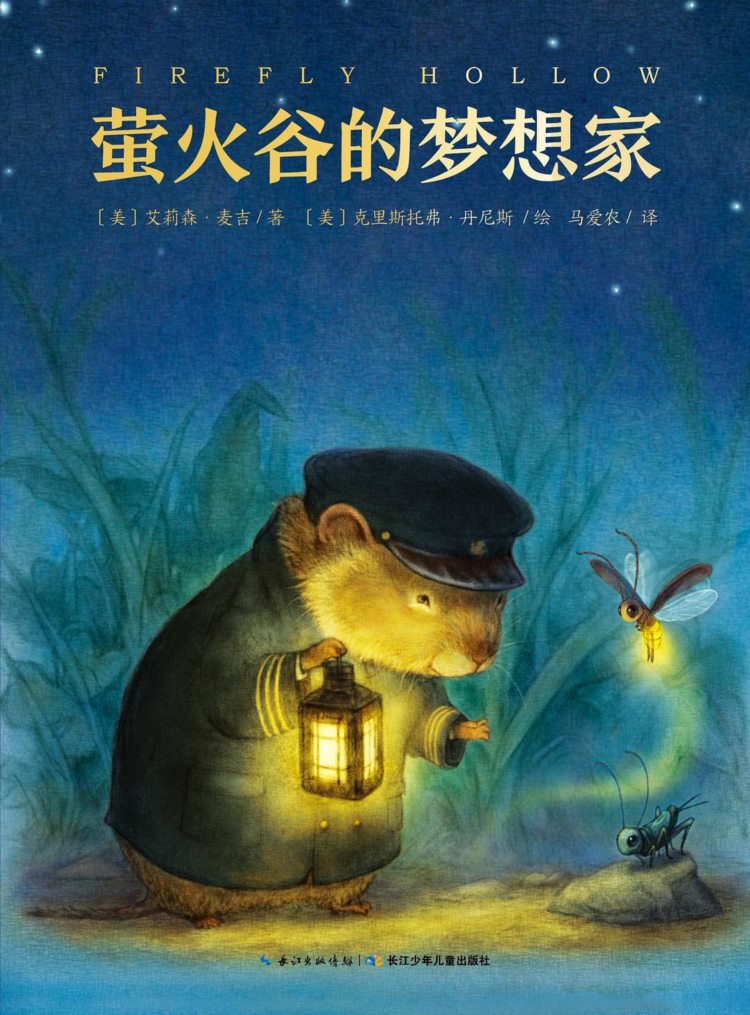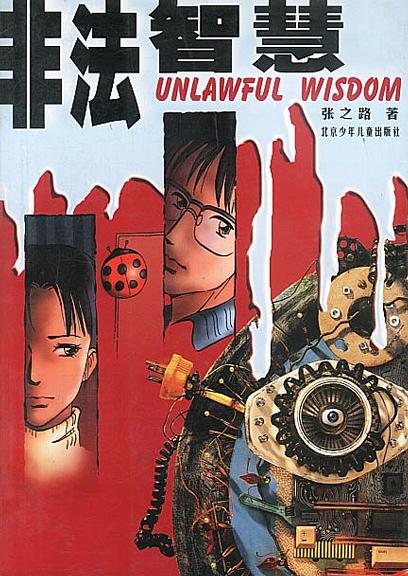
月亮与六便士读后感
书名:月亮与六便士
1
0

风吹麦浪 2023-05-29 20:49:46
“Shoot for the moon; even if you miss it, youll land among the stars.” – Les Brown.
“Even if you havent read this book, the phrase He looked into the darkness and saw towering masses of cloud like cliffs, above which the moon shone brightly should be familiar to you. Most people understand it to mean that we should not lose sight of our dreams amidst the chaos of material living. We should not focus solely on material possessions, but rather, pursue our ideals.
However, having read this book, I believe that there is a prerequisite to holding onto our dreams amidst the chaos of life. Namely, we must discover and understand our dreams (our passions). After all, most people lack this sense of purpose and direction, as the passage I must paint. I cant help myself. highlights. If our dreams are like the North Star in our lives, without knowing how to discover them in the first place, it doesnt matter whether we set our sights on the moon or on a pile of coins.
Furthermore, it is important to remember that those who look up at the moon but do not take action are no different from those who never see the moon at all. They may even suffer more than those who solely pursue wealth. Therefore, it is important to not only discover our dreams but to actively pursue them until we reach our goals.
In conclusion, to truly hold onto our dreams amidst the chaos of life, we must understand our passions and purpose, pursue material success while safeguarding our dreams, and relentlessly push towards our goals until they are reached.
After reading this passage, how has your perception of He looked into the darkness and saw towering masses of cloud like cliffs, above which the moon shone brightly changed?
As an advocate for womens rights, I always analyze the female characters in every book I read. This book is no exception. There are three female protagonists: Mrs. Strickland, Mrs. Stroeve, and the native girl, Ata. If the male protagonist represents art itself, then the actions and attitudes of these three women, particularly when they are with the male character, reveal their respective attitudes towards art and the eventual outcomes.
Mrs. Strickland is a member of the lower-middle class who is untroubled by the complications of life. She is a philistine who lacks an understanding of and appreciation for the arts (she has even been accused of being dull-witted by the male protagonist). However, she is adept at handling social situations and strives to use art and literature to enhance her social status. Unfortunately, by doing so, she shows her true colors and ultimately proves that she is unable to change her character.
Sometimes, pursuing art out of utilitarian motives may yield positive results. If we strive for excellence and keep pushing for our goals, even if we cannot reach our ultimate vision, we may still obtain rewarding outcomes.
Mrs. Stroeve is a gentle, intelligent housewife who has experienced trauma. She has a seemingly harmonious family, a loving husband, and some understanding of art due to her husbands profession. She sacrifices everything for the male protagonist, leaving her husband and giving up her stable life, to serve as his model. She is willing to give up everything for her art. Despite the similarities between her and the male protagonist, she ultimately chooses suicide because she cannot accept that art belongs to no one and cannot be pursued solely for its own sake. Pursuing art requires not only the removal of material obstacles, but also hard work, thought and natural talent. If Mrs. Strickland lacks the natural talent in art, Mrs. Stroeve lacks the determination to accurately assess what art truly is. What she expected art to be is far different from what she discovered it now to be, which led to her madness and eventual suicide.
Ata, the native girl, is the one who made the male protagonists artistic achievements possible. Without Ata, or another such woman in his life, the male protagonist may never have achieved his artistic dreams. Ata is someone who devotes all aspects of herself to art. She knows what she wants and is committed to her purpose (even when the male protagonist contracts leprosy, she refuses to leave). They say that art requires a spirit of dedication; this sentence is apt for describing Atas artistic spirit. She is the white moonlight in the male protagonists heart.
A big fire may turn old memories and objects to ash, but the colorful and trying experiences we have had will always remain precious. What disappears are the external material objects; what remains eternal is the pursuit and discovery of the moonlight in our hearts.”
相关推荐
萤火谷的梦想家
艾莉森•麦吉出生于1960年,是美国《纽约时报》畅销书作家,同时也是大都会州立大学创意写作课的教授。她的作品被翻译成20多种语言并出版,也曾被提名普利策奖,并获得苏斯博士奖金奖、克里斯托弗图书奖、美国 [美]艾莉森•麦吉/[美]克里斯托弗•丹尼斯/绘 2023-03-27 16:50:25鬼马女神捕1·绝密卧底(上)
腹黑凤凰vs毒舌鸡妖——蓝翎:“小姬,跟我去人界吧!”姬十四:“干吗?让人宰了我做小鸡炖蘑菇吗?”蓝翎:“不啊,让妖怪宰了你做小鸡炖蘑菇更气派。”凤凰蓝翎和鸡妖姬十四生活在无忧无虑的灵界。他们的故乡叫 郝天晓 2023-04-17 00:22:47© 2023-2025 百科书库. All Rights Reserved.












发表评价